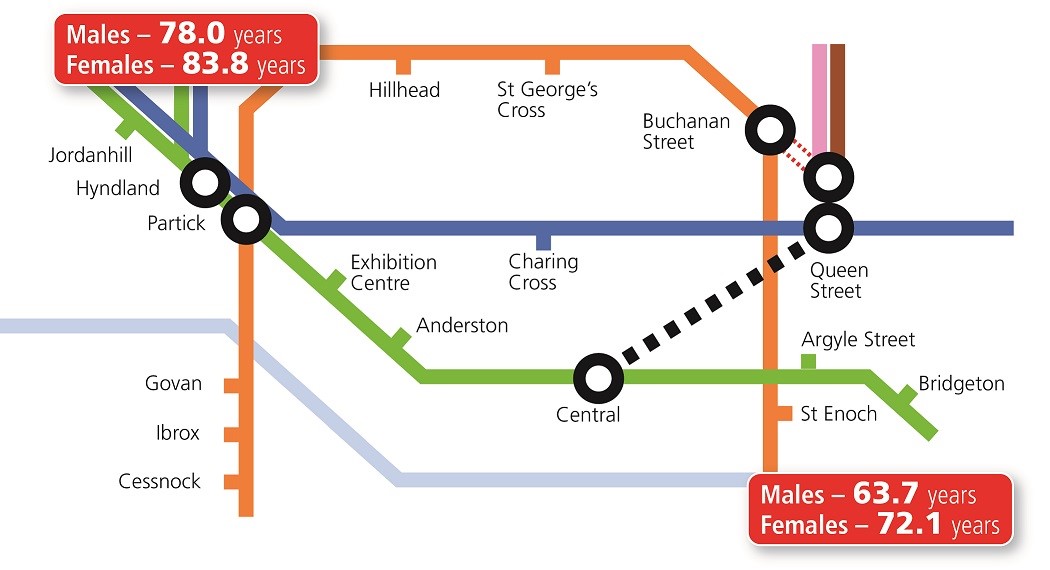The COVID-19 pandemic shone a light on and exacerbated inequalities within and between countries and led to even greater public, media and research interest in social and economic inequalities and the role of policy in ameliorating (or widening) these inequalities. Most of the modules taught in the School of Social Work & Social Policy touch on social and economic inequalities – this team-taught module will encourage students to explore the intersections between these inequalities, in terms of patterns, causes and policy responses (actual and potential). The opening session will introduce students to intersectionality as a core social science idea, exploring links to a range of other key social science concepts and debates, providing foundations for the remainder of the module. Next, the module will explore four exemplar inequalities that have attracted research and policy concern in the UK, each of which will be explored over a two week period. For each exemplar topic, the first week’s session will introduce some of the research and data highlighting the extent, trajectory and causes of these inequalities and will reflect on how these inequalities tend to be framed in research and policy. The second week’s session will then consider policy responses (actual and proposed) to these inequalities, reflecting on how policy thinking is shaped by the way inequalities in this area have been framed (i.e. by the material covered in the previous week). As each new policy topic is introduced, we will consider intersections with policy topics and material introduced in previous weeks. Theoretically, the module will consider popular theories and frameworks developed to explain the specific types of social and economic inequality covered in the four policy topics alongside the intersectionality literature, encouraging students to compare and contrast these different ways of thinking about inequalities.
